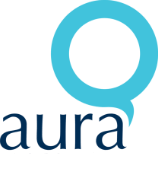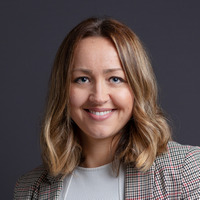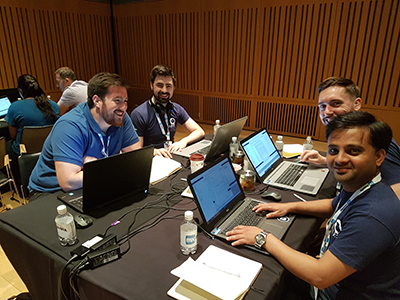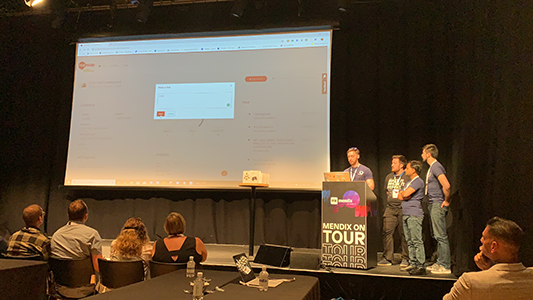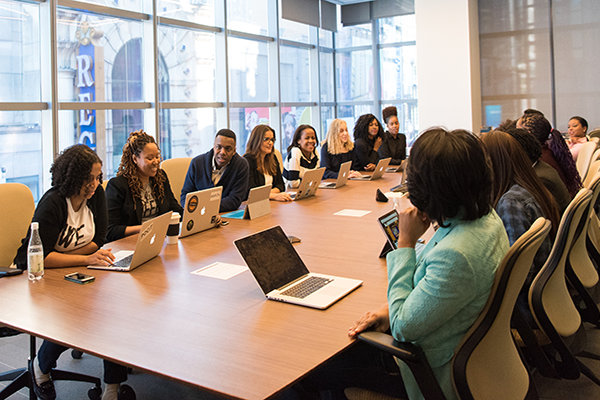AuraQ has vast experience helping organisations find the gaps that can be filled to enhance their business. This could be to improve efficiency, integrate legacy systems or deliver new portals and strategic applications to create competitive advantage. Contact us to request a free, no obligation Gap Analysis.
Second place for AuraQ in MxHacks UK!
Continuing on from our success at Mendix World, the AuraQ team is extremely proud to have come second in the latest edition of MxHacks, the Mendix Hackathon which took place in London on 2nd July! The one day ‘Art of the Possible’ hackathon was part of Mendix on Tour UK – The Future of App Dev conference. The 7 hour competition kicked off at 8am with teams taking part in their chance to build an innovative app and prove what can be achieved in a very short amount of time with a low-code platform.
The hackathon was in support of The Royal Mencap Society, the leader in Positive Behaviour Support (PBS) approach and practice. PBS is a person centered approach providing care and strategies to people who may be at risk of displaying challenging behaviours, improving the quality of life for patients with behavioural challenges and the people around them. The use case for the hackathon was to build a Mendix app that helped care-workers achieve the key outcome for PBS and to support Mencap with their desire to ideate, design and build apps for care-workers that consider the needs of a therapist or counsellor as they try to assess and understand the behaviour of their clients as well as help their clients help themselves to raise their quality of life with self-coping techniques.
The Challenge
One of the main challenges for carers of Mencap was that the existing PBS model was a very slow and manual process which required them to complete individual PBS documents, using Microsoft Word, on a desktop PC. As a result, families had limited visibility on the good work that the carers were undertaking, as well as limited visibility on the progress their loved ones were making. From a managerial point of view, carers’ managers were unable to report on any of the data collected, to work out any trends in the data, or look at the long term progress of the client easily.
The App
Our team decided upon building an app that would be carer focused and user friendly, with simple and easy to understand controls and a responsive design so that it worked across desktop, tablet and mobile. Quickly identifying key functionality that they wanted to build, the AuraQ team set about development prioritising a number of key areas to include; an activity list to enable carers to set small simple tasks for their clients, a client feed which would be populated when activities were completed, the capability to upload PBS reports for the family to view, and the ability to report on collected data.
Key app features:
- User friendly dashboard where carers are able to see all clients assigned to them which is available across all devices.
- Ability to create and update PBS reports directly from the app meaning that reports can easily be updated on mobile. To ease the time it takes to write a report, the app provides speech to text integration so that the carer no longer has to type out the report on their phone but rather speak into their phone and their text is transcribed.
- Central place for all client details. When the carer selects a client, they are presented with a dashboard specifically for that client presenting all of their details and uploaded PBS reports.
- Functionality to more easily manage activities which are generated within the PBS report. These activities detail small goals that the client has been tasked to achieve. Activities can be completed by the carer when they know the task is done and the client dashboard has a simple reporting function which shows what percentage of the tasks have been completed. This allows the carer to be proactive and monitor whether goals are being completed or not, and adjust set tasks as needed.
- Visibility for family members so that they can view when activities have been completed. The new feed provides an overview of all the activities their loved one is doing and how often, providing invaluable visibility into how effective the the PBS plan is and the outcome. The activities also have text to speech function enabled, which means that if the carer wanted to allow their client to mark their own activities off, or if they didn’t need full time support but are still on the PBS plan, they could use this to hear the activities.
The app also includes integrations such as live chat using Pusher; allowing carers to communicate with other carers, specialists and family members. This means that carers can chat to each other in the app, so even if they live in rural areas, or on their own, they have a line of communication if they have any questions regarding a client with challenging behaviour. This would also allow carers to chat to specialists in the app if they required expert advice.
The Speech to Text / Text to Speech is provided through integration with Microsoft Azure cognitive services.
Summary
We are thrilled to have come second in the Mendix on Tour MxHacks and would love to develop the app further. Going forward, for example, we would like to add gamification to the client activities so that when an activity is completed ‘streaks’ are applied and the client can see how many of a certain task they have completed in a row and earn rewards for a ‘streak’ of ten completed activities. For MxHacks, we concentrated on reporting on a per client level and this would benefit from being enhanced to include reporting data across all clients rather than one, with each client being linked to one or more conditions so that collective reporting can be done giving managers increased visibility. If you would like to know more about the app or about MXHacks, please get in touch.
